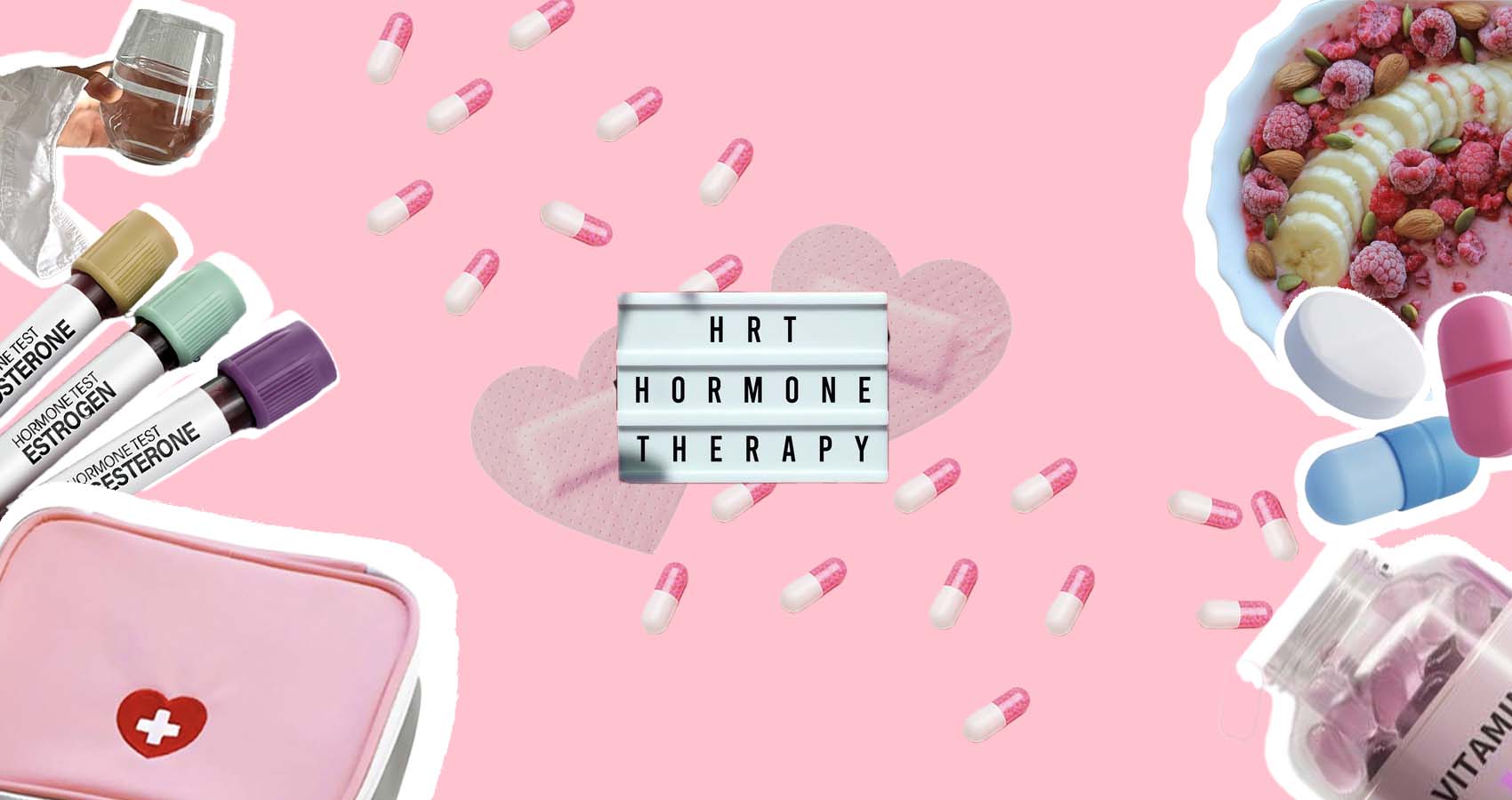
What Every Woman Should Know About Hormone Replacement Therapy
A comprehensive guide to benefits, risks, and personalized treatment options.
Hormone Replacement Therapy (HRT) is a medical treatment designed to alleviate symptoms associated with menopause by replenishing diminished hormone levels.
Understanding its benefits, risks, and applications is essential for women considering this therapy. While it can be life-changing for many, the decision to start HRT requires careful consideration and personalized medical advice.
Understanding Hormone Replacement Therapy
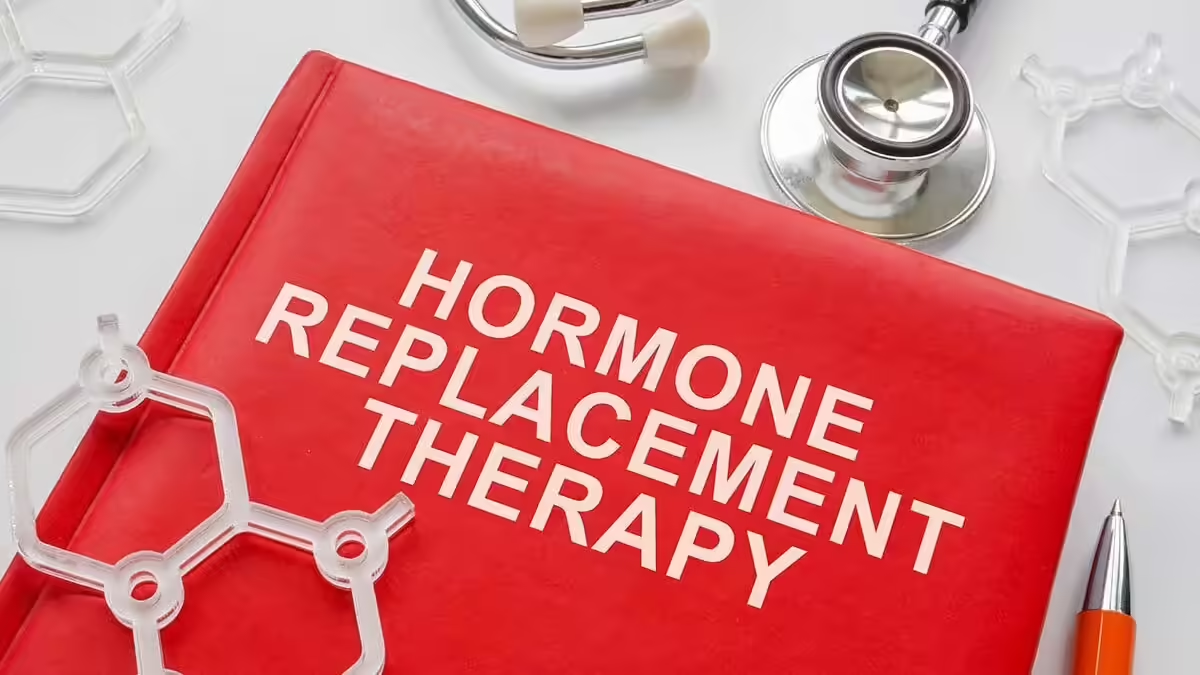
Hormone Replacement Therapy helps women manage the effects of declining hormone levels during menopause. The body naturally produces less estrogen and progesterone over time, leading to symptoms like hot flashes, mood changes, and a higher risk of osteoporosis. HRT aims to restore hormonal balance and mitigate these effects.
How HRT Works
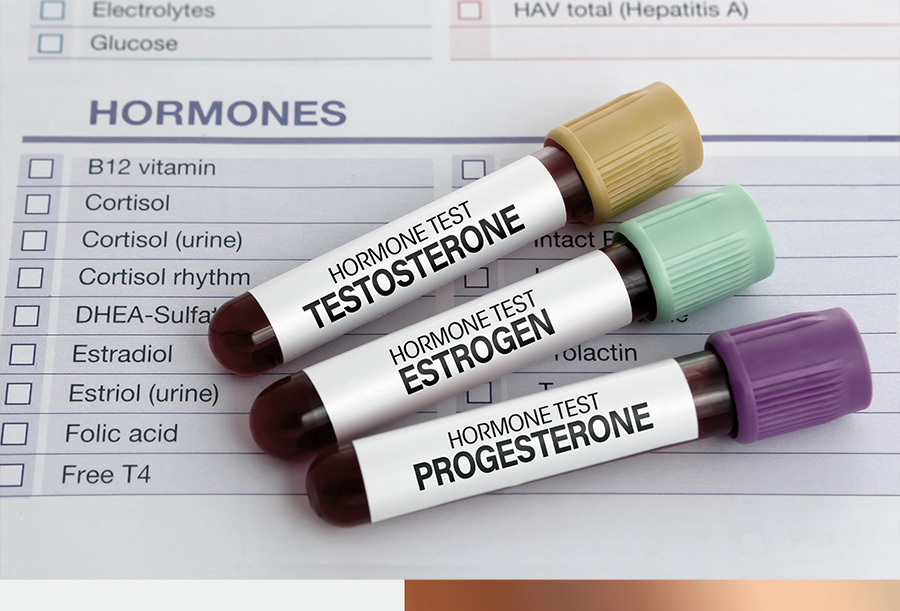
HRT supplements the body with synthetic or bioidentical hormones, typically through oral pills, patches, creams, or injections. The goal is to mimic the hormones that the body no longer produces at sufficient levels.
- Estrogen: Helps manage symptoms like hot flashes and vaginal dryness.
- Progesterone: Protects the uterine lining from overgrowth, reducing the risk of endometrial cancer in women with an intact uterus.
- Testosterone (less commonly used): May improve libido and energy levels in some women.
Types of Hormone Replacement Therapy
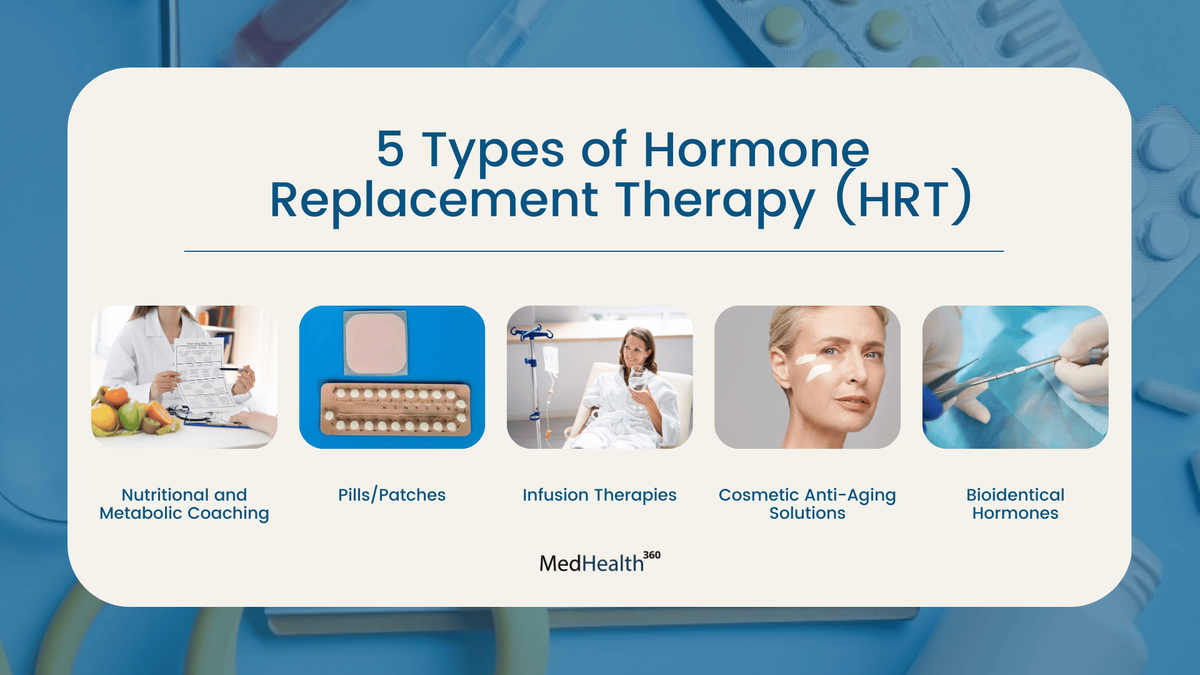
HRT comes in various forms, tailored to a woman’s medical history, symptoms, and personal preferences.
Estrogen-Only Therapy
This type of HRT is typically prescribed to women who have undergone a hysterectomy. Without the need for progesterone, estrogen therapy effectively addresses menopausal symptoms while avoiding unnecessary risks.
Combined Estrogen-Progesterone Therapy
For women with an intact uterus, this combination therapy balances the benefits of estrogen with the protective effects of progesterone. It reduces the risk of uterine lining abnormalities while treating menopausal symptoms.
Bioidentical Hormone Therapy
Bioidentical hormones are chemically identical to those naturally produced by the body. They are often derived from plant sources and may appeal to women seeking a more "natural" approach. However, it’s crucial to note that not all bioidentical therapies are FDA-approved, and their safety profiles may vary.
Administration Methods
HRT can be delivered in various ways:
- Oral Pills: Convenient but may increase the risk of blood clots.
- Patches: Provide a steady release of hormones and bypass the liver.
- Topical Creams and Gels: Applied directly to the skin for localized or systemic absorption.
- Injections: Used less commonly but may be effective for certain patients.
Benefits of Hormone Replacement Therapy
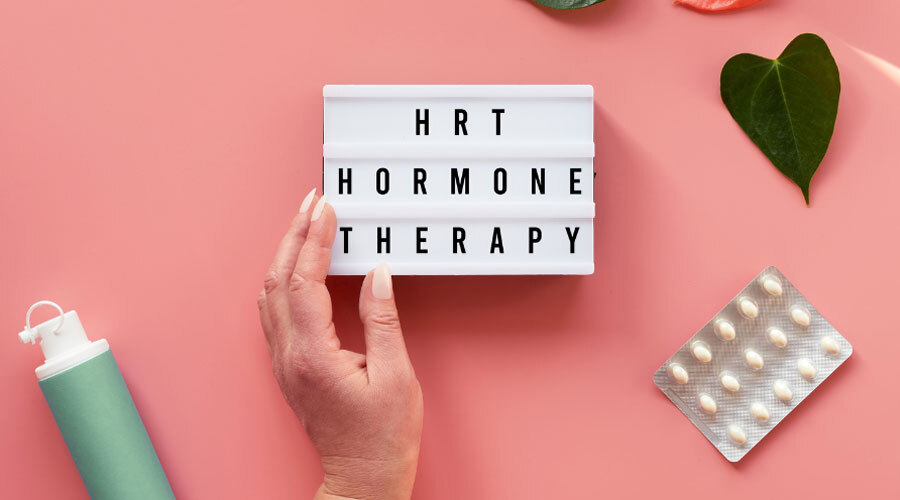
HRT offers several well-documented benefits, improving the quality of life for many women.
Relief from Menopausal Symptoms
HRT significantly reduces hot flashes, night sweats, and vaginal dryness. These improvements can make daily life more manageable for women with severe symptoms.
Improved Bone Health
Estrogen plays a critical role in maintaining bone density. By supplementing declining levels, HRT reduces the risk of osteoporosis and fractures, especially in postmenopausal women.
Cardiovascular Support
Some studies suggest that HRT may have protective effects on heart health when initiated at the onset of menopause. However, this benefit diminishes when therapy begins later in life.
Enhanced Mood and Mental Clarity
HRT may help stabilize mood swings and improve concentration. Women struggling with irritability, anxiety, or brain fog may notice marked improvements.
Risks and Considerations
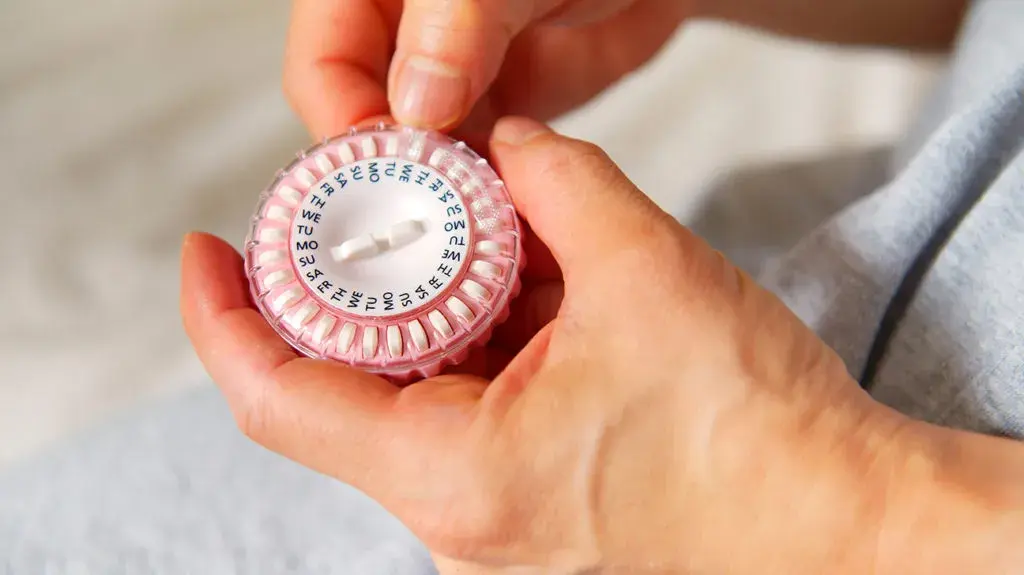
While HRT offers significant advantages, it’s not without potential risks. These vary based on the type, dosage, and duration of therapy.
Increased Risk of Cardiovascular Events
Oral HRT, especially when started after age 60, may increase the risk of heart disease and stroke. Transdermal options like patches are often recommended to reduce this risk.
Breast Cancer Concerns
Long-term use of combined estrogen-progesterone therapy has been associated with a slight increase in breast cancer risk. Regular screenings and discussions with healthcare providers are critical.
Blood Clots
Oral forms of HRT can elevate the risk of deep vein thrombosis and pulmonary embolism. Women with a history of clotting disorders may need to explore alternative treatments.
Side Effects
Common side effects include bloating, breast tenderness, and nausea. These symptoms often resolve as the body adjusts to therapy but should be monitored.
Who Should Consider HRT?
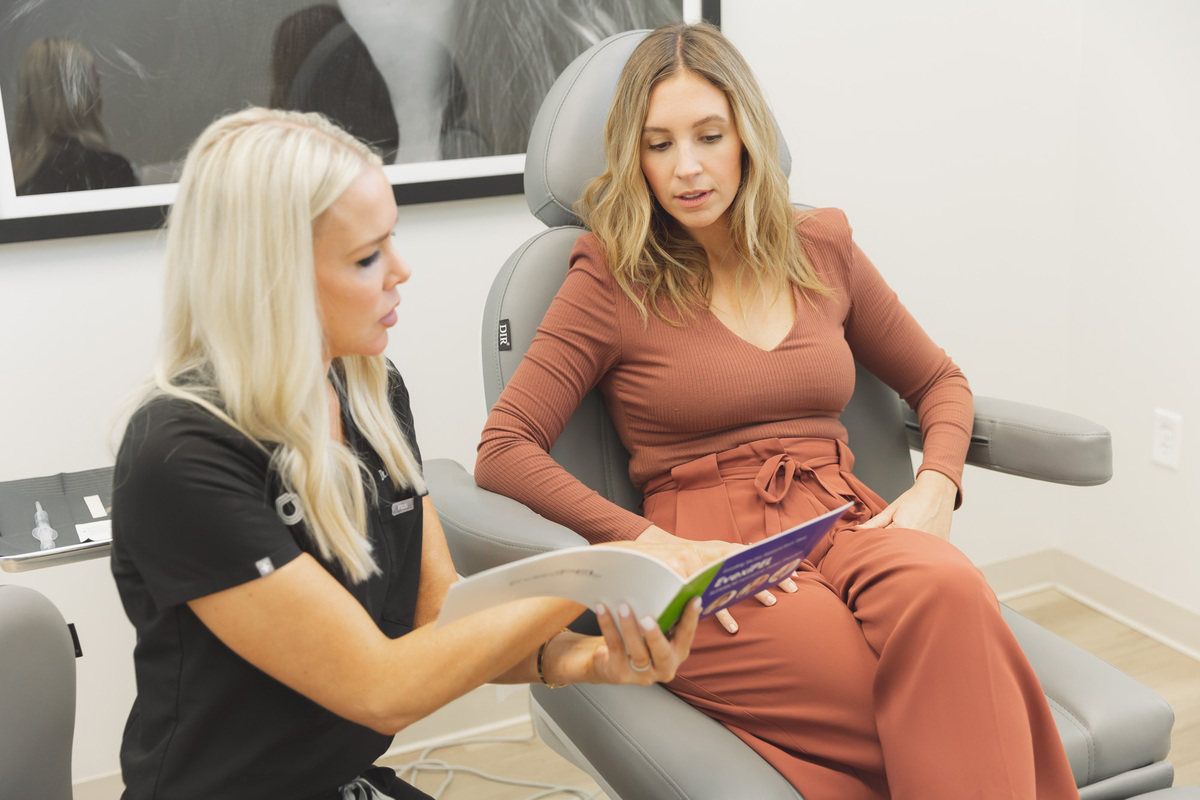
HRT is most suitable for women experiencing moderate to severe menopausal symptoms that disrupt their daily lives. It may also benefit those at high risk for osteoporosis. However, it is not recommended for women with certain conditions, including:
- A history of breast cancer or endometrial cancer
- Active liver disease
- Uncontrolled high blood pressure
- A history of blood clots or stroke
A thorough evaluation with a healthcare provider is essential to determine eligibility for HRT. Clinics specializing in hormone health, such as hormone health clinics like Amazing Meds, can offer tailored treatment plans and expert guidance.
Alternatives to Hormone Replacement Therapy

For women who cannot or choose not to use HRT, several alternatives are available.
Lifestyle Changes
Adopting a healthy lifestyle can significantly reduce menopausal symptoms:
- Regular Exercise: Improves mood, strengthens bones, and reduces hot flashes.
- Balanced Diet: Focus on calcium and vitamin D to support bone health.
- Stress Management: Practices like yoga and meditation can stabilize mood swings.
Non-Hormonal Medications
Certain medications, such as selective serotonin reuptake inhibitors (SSRIs), may help manage hot flashes and mood disturbances. Bone-strengthening drugs like bisphosphonates are also available for women at risk of osteoporosis.
Herbal and Dietary Supplements
Some women explore phytoestrogens found in soy or supplements like black cohosh. While these options may offer mild symptom relief, their effectiveness and safety are less well-studied than HRT.
Consulting Healthcare Providers
Before starting or continuing HRT, women should have an in-depth conversation with their healthcare provider. Key topics to discuss include:
- Personal and family medical history
- Current symptoms and their severity
- The benefits and risks of various HRT options
- Monitoring and follow-up plans
Clinics with expertise in hormone health can be invaluable resources for navigating these decisions.
Monitoring and Adjusting Therapy
HRT is not a one-size-fits-all treatment. Regular follow-ups are crucial to assess its effectiveness and address any side effects. Adjustments in dosage or delivery methods may be necessary to optimize outcomes.
Healthcare providers may also recommend periodic tests, such as:
- Mammograms to monitor breast health
- Bone density scans to evaluate osteoporosis risk
- Blood tests to ensure hormonal levels are balanced
Empowering Choices for Your Health
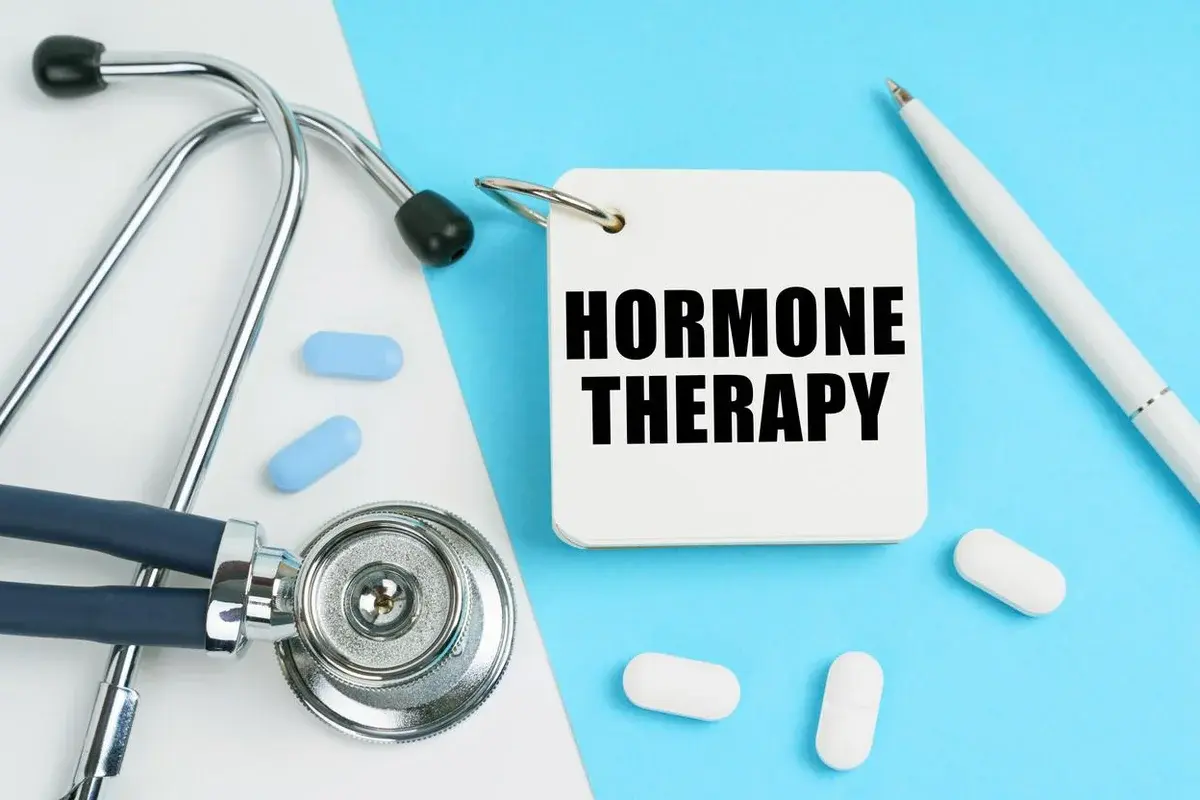
Hormone Replacement Therapy has the potential to transform the menopausal experience, offering relief from distressing symptoms and improved overall health. However, it is not without complexity.
Women must weigh the benefits and risks, considering their personal health needs and preferences. By partnering with knowledgeable healthcare providers, women can make informed choices that align with their goals and lifestyle.











